Munich has had enough of the vaccine chaos in Berlin and Brussels. In a surprise announcement on Wednesday, Bavaria’s minister president Markus Söder stated that he would sign a preliminary purchase agreement for the Russian Sputnik vaccine.
The leader of the Bavarian Free State explained that he would pre-order two and a half million doses of Sputnik V in the hope of receiving these by July. Söder, who is a potential candidate to replace Merkel, was keen to stress that this was dependent on regulatory approval by the European Medicines Agency.
Under pressure to respond to Bavaria’s initiative, Germany’s health minister Jens Spahn has now told his EU counterparts that his country will make bilateral agreements to procure the Russian vaccine despite the fact that there are currently no EU plans to pre-order Sputnik. The implications for Germany’s relationship with Brussels may be far-reaching. Cracks have already begun to open since Merkel’s announcement not to stand in the 2021 election. If post-Merkel Germany is willing to put the national interest above EU policy, the integrity of the bloc would come under serious pressure
Meanwhile, European officials are planning to send an inspection team to Russia later this month to investigate the production of Sputnik and come to a final decision. But it is widely expected that Putin’s jabs will get the green light from Brussels as recent medical reports have confirmed a high degree of effectiveness. Nonetheless, national leaders have so far been reluctant to commit themselves to ordering the vaccine directly.
Having dropped his shock announcement, Söder wasn’t yet done. He had one more ace up his sleeve: not only would his state receive the jabs first, but it would also produce them in the Bavarian town of Illertissen. This would not only bring jobs and investment to the region but might go some way to reassure the German public of the safety of the Russian vaccine.
Recent polls have already shown that Sputnik is increasingly trusted by the German public, just over half of whom state that they would be happy to receive it. In the East German states, this figure even climbs even higher to over two-thirds. Söder had already urged politicians to restore trust in the AstraZeneca vaccine. Offering Bavarians an alternative in addition to it should therefore prove to be a popular move.
The third wave of Covid has hit Germany hard and forced Merkel to announce further lockdown measures. However, due to the country’s federal structure, it falls to the sixteen individual states to implement them as they see fit. The result has been indecision and political posturing among the state leaders — pitting themselves against each other. Merkel herself has been so frustrated with the situation that she even threatened to centralise powers in Berlin. Meanwhile, the public is fed up, and Merkel’s CDU is being punished in the polls.
Markus Söder, meanwhile, is hoping to benefit from the chaos. He already enjoys high popularity as leader of the CDU’s Bavarian sister party, the CSU. His decisive handling of the Covid crisis has given him a further boost in approval ratings beyond his state’s boundaries, making him the most popular option for the chancellorship in the polls. Producing another robust solution to the Covid crisis will put him yet further ahead in the race. He has again outmanoeuvred his main rival, Armin Laschet, who leads Germany’s most populous state of Northrhine-Westphalia — a role in which he has been heavily criticised.
It does not come as a huge surprise then that pulling off of yet another successful coup in Bavaria did not fill Söder’s political enemies in Berlin with joy. The leader of the socialist party, The Left (Die Linke), complained that ‘Ego-Söder’ followed a ‘Bayern First’ policy that would only lead to vaccine competition between the German states — an argument that will hardly cause the Bavarian leader sleepless nights. He has put the ball firmly in Berlin’s court, forcing Merkel into following his lead.
Söder’s procurement of Sputnik vaccines is part of a broader Covid programme, which also includes the Bavarian-wide rollout of a free track-and-trace app alongside strict lockdown measures. This will not only prove popular with the wider public but also aligns him with Merkel’s increasingly frustrated pleas for action. The chancellor still enjoys high approval ratings and Söder realises the power of being seen to work with her. Last week, he also stated that Merkel should be consulted on the question of her successor. Söder wants to be seen standing shoulder to shoulder with the outgoing political giant, not pushing her off the throne.
The Bavarian leader also used the same press conference in which he announced his Sputnik decision to stress again how the disunity of the German states was damaging the country. He insisted that an inconsistent patchwork of lockdown measures had proved ineffective in slowing infection levels, reaffirming his belief that closer co-operation was necessary. Berlin’s decision to follow his lead served as a powerful justification for his decision to go ahead in his own state and will confirm the image of a disunited and sluggish political class in the minds of the German electorate.
However, state-level Sputnik procurement also sends a clear message to Brussels. If the EU cannot get its act together, Söder will go his own way. This might prove an interesting position should he indeed take over from Merkel, who has always staunchly supported and led EU policy. The Bavarian minister president had already defined himself against other German politicians with his sharp criticism of the EU’s vaccine chaos. Söder is perfectly happy for the rest of the EU to know that he is putting his own people before blind obedience to Brussels.
The pre-ordering of the Russian Sputnik vaccine should not be seen as an ambition to shift Germany’s gaze to the east. Instead, it is part of a complex power-political game, which Söder has thus far played to perfection. At a time when Germany craves leadership and reassurance, he is confirming his credentials as the man of the hour. Procuring Russian vaccines was not a pro-Putin move; it was a pro-Söder one.
Got something to add? Join the discussion and comment below.
Get 10 issues for just $10
Subscribe to The Spectator Australia today for the next 10 magazine issues, plus full online access, for just $10.

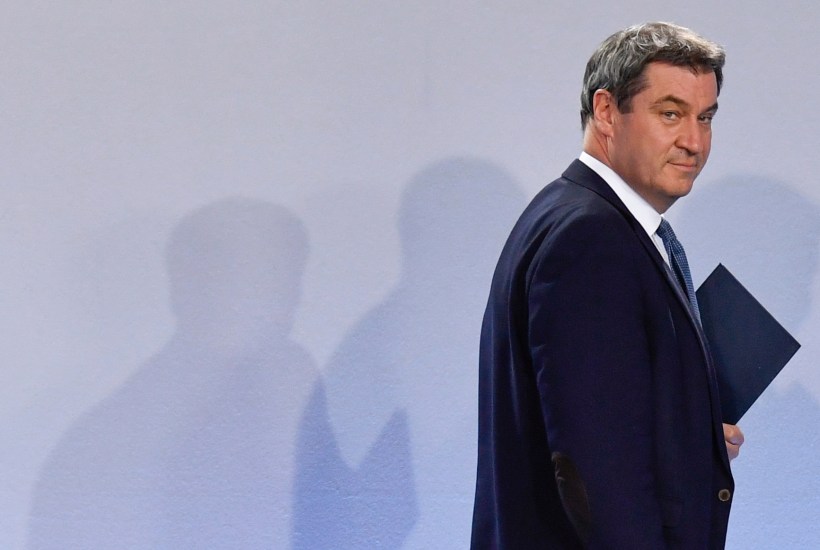




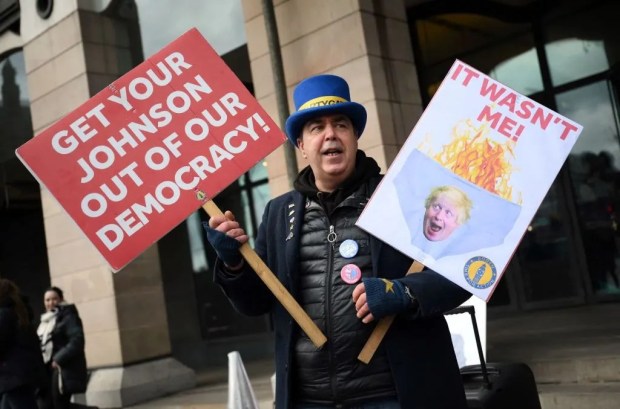
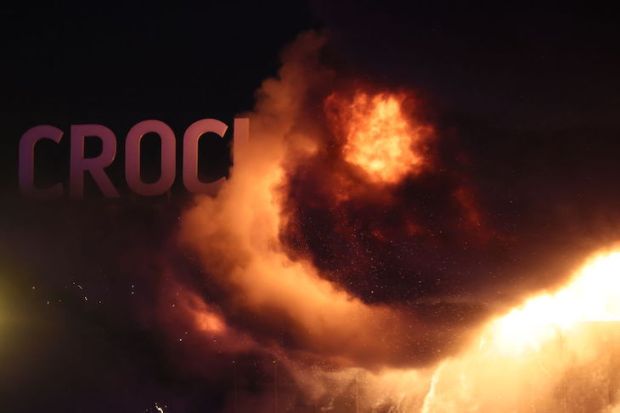










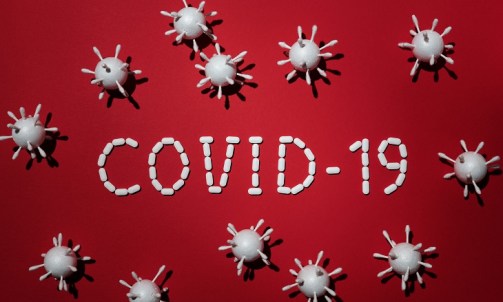
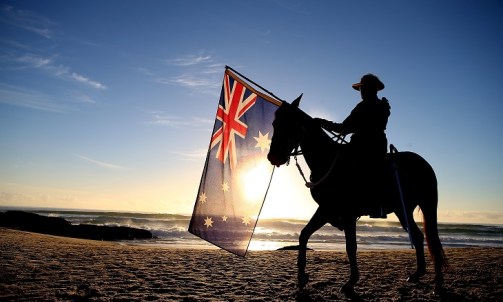
Comments
Don't miss out
Join the conversation with other Spectator Australia readers. Subscribe to leave a comment.
SUBSCRIBEAlready a subscriber? Log in